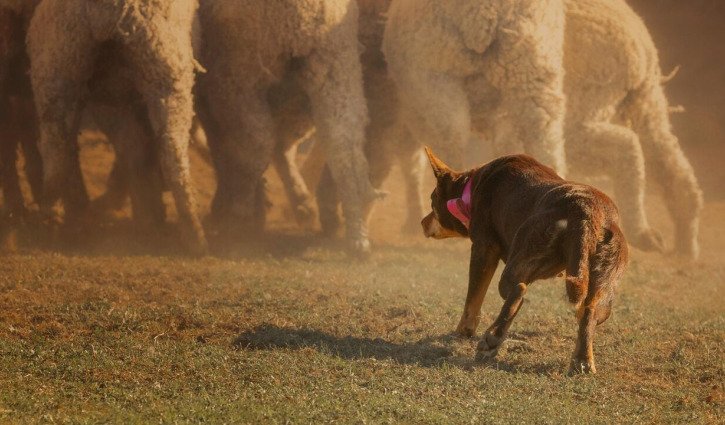In an attempt to address what she called a “massive threat” to national security, United States Agriculture Secretary Brooke Rollins told the media yesterday that the Trump administration would start restricting purchases of farmland from Chinese nationals and other “foreign adversaries.”
It remains unclear whether the U.S. government will attempt to take back existing land owned by Chinese investors. However, Rollins said they were looking at “every available option” as part of a clawback effort.
It’s understood that an executive order from the White House will probably follow “very soon.”
“With this announcement today we are taking this purpose and our American farmland back,” said Rollins who cited threats to national security and food security as the primary drivers.
“American agriculture is not just about feeding our families but about protecting our nation and standing up to foreign adversaries who are buying our farmland, stealing our research and creating dangerous vulnerabilities.”
While this new initiative also applies to adversaries including Russia and Iran, it’s understood to be largely aimed at China, which according to the US Department of Agriculture (USDA) ranks number 20 on a list of foreign owners of agricultural land.
Included within USDA’s recent claw-back announcement are plans to raise fines for non-disclosure of ownership to 25% - the highest statutory maximum - of the value of the invested land.
The claw-back of U.S. farmland linked to China is not without precedent with the state of Arkansas ordering Chinese-owned seed producer Syngenta to sell 160 acres of U.S. farmland on national security grounds in October 2023.
Syngenta ended up selling the land seven months later and was fined $280,000 fine for not disclosing its ownership.
USDA data suggests that China-linked investors currently own 265,000 acres of land across the U.S., which is a relatively small share compared with countries like Canada, where almost a third of foreign agricultural land is owned by companies related to China.
Much of the China-linked U.S. land investment is tied to Smithfield Foods, which was acquired by WH Group, a Chinese conglomerate in 2013 after passing a national security review.
However, Smithfield Foods, which produces and sells most of its products in the U.S. has reduced its land holdings to around 85,000 acres after selling more than 40,000 acres last year.
In response to Rollins’ recently announced U.S. land initiative, WH Group reminded the market that it is not a Chinese state-owned enterprise and does not undertake any commercial activities on behalf of the Chinese government.
WH Group also reminded the market that Smithfield currently contracts with more than 1,300 farmers and employs some 34,000 people in the U.S.
Meanwhile, Defence Secretary Pete Hegseth said the Pentagon would ban sales to “foreign adversaries” of farmland located near U.S. military bases.
“No longer can foreign adversaries assume we’re not watching,” said Hegseth.
While there is no publicly known case of Chinese firms using U.S. farmland to conduct surveillance on military operations, federal authorities claim to have documented efforts by Chinese intelligence agencies to target American agriculture.
Last month, two Chinese scientists were charged with smuggling a dangerous fungus into the U.S. that could potentially damage grain crops.
In a rare display of cooperation, lawmakers from both parties have recently advanced legislation aimed at blocking land purchases by China-tied firms.
Last month, the House passed the Agricultural Risk Review Act, which would require the Agriculture Department to report foreign farmland acquisitions linked to adversarial nations.
Separately, the bipartisan Farmland Act introduced in March would trigger federal review of large land deals involving foreign entities and create a public database of foreign-held agricultural land.
“China, here’s your ticket. Do not pass go. Get the hell off American agriculture,” said Sen. Roger Marshall (R-Kansas), who co-sponsored a Republican-led bill introduced in February.



